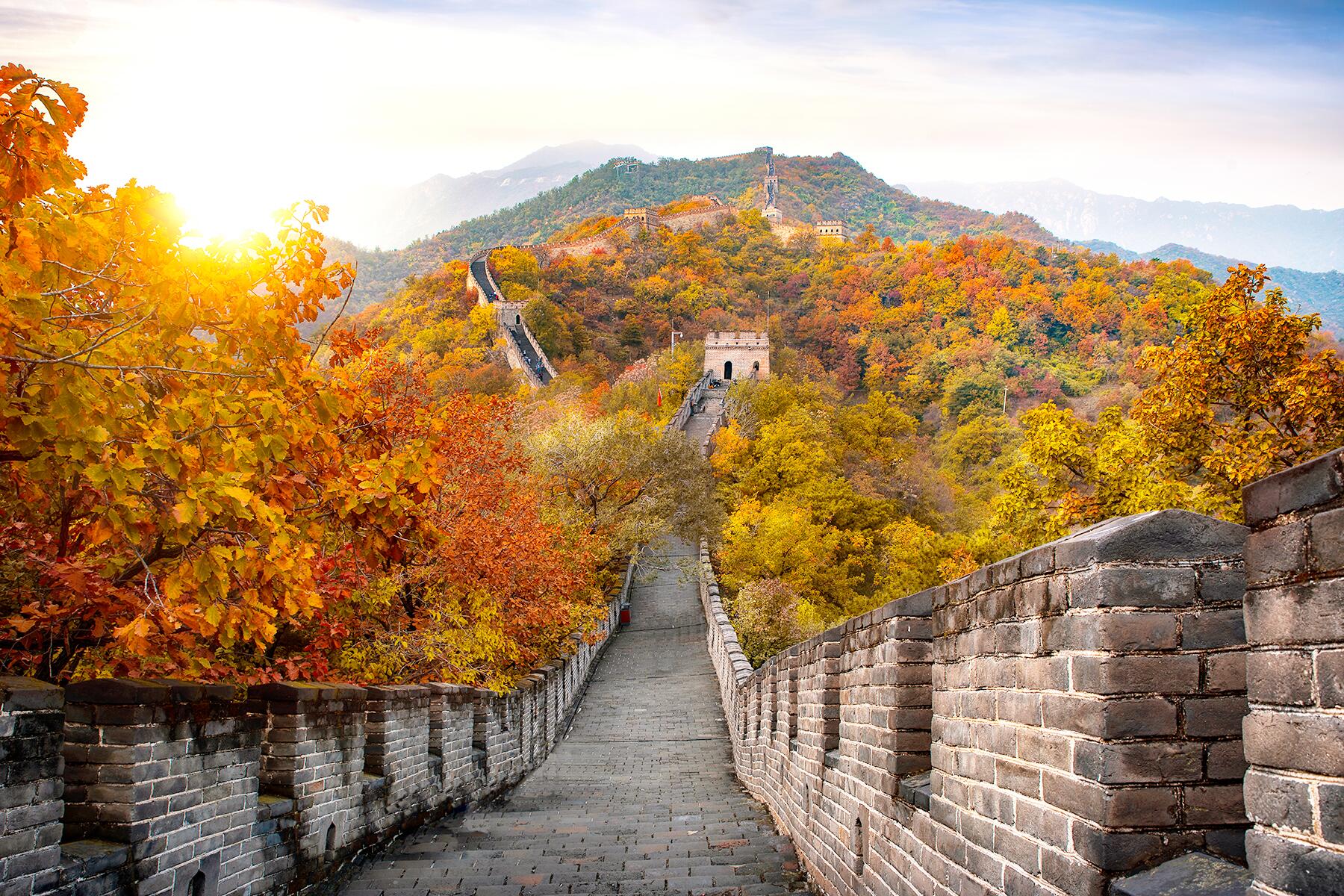


China is currently on Level 3: Reconsider Travel warning.
T
ensions have been running high between the U.S. and China for years. The trickle-down effect has been seen in travel too. The U.S. Department of State issued a Level 3: Reconsider Travel warning for China last June. Macau is also on Level 3 status, while Hong Kong is one step down at Level 2: Exercise Increased Caution. However, Washington is considering changing its stance on travel to the rival country.
U.S. Deputy Secretary of State Kurt Campbell said that communication channels had returned to normalcy between the two countries after heightened tensions. He also added that both countries are trying to rebuild people-to-people exchanges, and the U.S. was considering relaxing the advisories, which have hindered academic exchanges. One bone of contention between the two is the Russia-Ukraine war, and Campbell warned that China’s support of Russia may cause a setback.
While the U.S. compels travelers to reconsider travels, China also warns its citizens about America, informing them that Chinese nationals face harassment at entry points by officials. Despite its warnings, students and immigrants continue to find their way into the U.S.
The state department warns American travelers of arbitrary enforcement laws (like exit bans) and wrongful detentions in China. People can be detained or expelled from the country for sending private messages critical of the government, and travelers may be subjected to interrogation and detention without a trial or treatment, the agency stated.
Continue Reading Article After Our Video
The People’s Republic of China (PRC) also uses exit bans to “compel individuals to participate in PRC government investigations; pressure family members of the restricted individual to return to the PRC from abroad; resolve civil disputes in favor of PRC citizens; and gain bargaining leverage over foreign governments.” You might not find out about an exit ban until you try to leave the country and aren’t allowed to, and there’s no legal process to contest it.
The State Department explains that China doesn’t recognize dual citizenships, and U.S. citizens of Chinese descent may be scrutinized and harassed more. The U.S. embassy may also not be contacted if an American citizen is arrested.
The U.S. government has reason to be concerned. For years, the U.S. has been trying to bring home three American citizens that are wrongfully detained in China. Texas businessman Mark Swidan has already spent more than a decade in prison.
Meanwhile, China has been opening up to bring more tourists in. During the pandemic, China went through one of the strictest lockdowns in the world due to its zero-COVID policy. But even after lifting restrictions, it has been slow to recover. International tourist numbers have dwindled—from 98.7 million overseas visitors entering and exiting the country in 2019 to 35.6 million in 2023.
In order to boost tourism, China introduced visa-free entries to 11 European nations (Austria, Belgium, France, Germany, Ireland, Italy, Spain, Switzerland, the Netherlands, Luxembourg, and Hungary) this year.
Beijing is also courting Southeast Asia by signing reciprocal visa exemption deals with Thailand, Singapore, and Malaysia. In order to boost tourism, it has discarded tough visa requirements, making it easier for Americans to enter without proof of round-trip tickets, proof of hotel bookings, and itinerary.
The number of flights to China have also increased. The U.S. upped the number of direct flights from 35 to 50 earlier this year, a win for travelers. Another way China is hoping to attract tourists is by making cashless payments easier, something that has been a hurdle for foreign tourists.
Tourists should be aware that many apps (including Gmail and Facebook) are banned in China, and travelers need to use a VPN (virtual private network) to access certain websites. Journalists face additional scrutiny by the government and their access may be limited.
Although it is being discussed, the change in advisory is yet to come. Follow the advice of the State Department before you book your tickets.